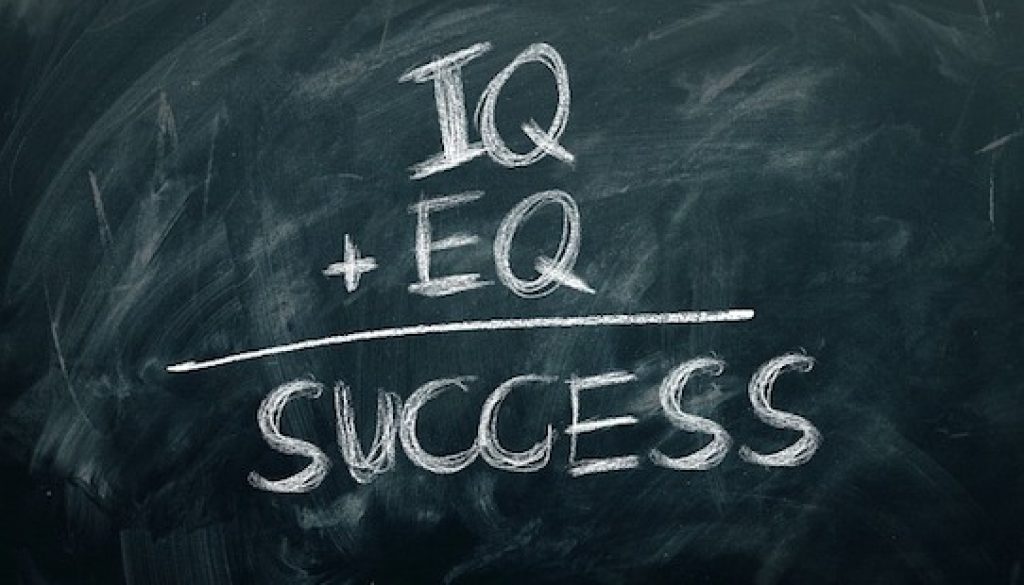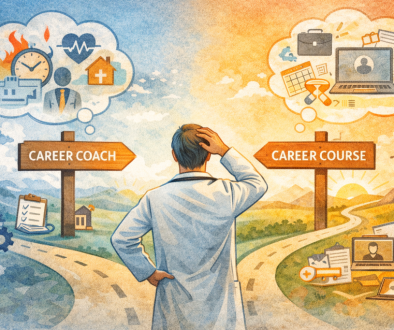Emotional Intelligence in Medicine
Have you ever said something during rounds you wished you could take back or failed to recognize a brewing interpersonal conflict before it exploded? You are not alone! Medicine is practiced in teams. Due to their education and training, physicians are the de facto team leaders. It is assumed that their academic credentials will make them effective team leaders. In reality, successful leadership is more associated with emotional intelligence than academic success. Understanding what emotional intelligence (EI) is, its benefits, and how it is developed can help physicians be better leaders.
What is emotional intelligence?
Emotional intelligence guides how we recognize our emotions, express ourselves, connect with others, manage relationships, react to stress, and perceive our environment. In brief, emotional intelligence is our way of recognizing, understanding, and choosing how we think, feel, and act. Emotional intelligence is divided into four domains:
- Self-awareness: the ability to name your emotions and the triggers for those emotions
- Self-management: the ability to express your feelings and recognize how they affect your actions
- Empathy: the ability to identify and validate the feelings of others
- Relationship management: the ability to collaborate, lead, and resolve conflict
What are the benefits of EI?
Consider the following scenario: A colleague is unexpectedly out of the office due to a family emergency. You have an administrative day and had planned to use the time to catch up on charting and complete required annual compliances. Instead, you were asked to cover your colleague’s clinical duties, which will cause you to fall further behind in charting and delay the completion of the compliances. The only time you will have to complete the charting is during your daughter’s first soccer game. You are frustrated, exhausted, and angry about the added work. You also feel guilty and sad about potentially missing another family event. How do you respond? Do you take the clinical shift without acknowledging your feelings or looking for other solutions? Do you have an outburst? How might high emotional intelligence help you in this situation?
Those with high EIQ demonstrate better problem-solving, improved job satisfaction, stronger relationships, and greater resilience than those with lower emotional intelligence. In addition, they report decreased tension and worry, are less likely to have outbursts, and have reduced fatigue and burnout.
How can EIQ be learned?
Aristotle said, “Educating the mind without educating the heart is no education at all.” Unlike IQ, which does not change significantly over a lifetime, EIQ can evolve and grow over our lifetime. Mindfulness practices, formal feedback from peers, and coaching have all been shown to have a positive impact on emotional intelligence.
The Developing Doctor specializes in coaching medical students, residents, fellows, and practicing physicians. Contact us at drben@thedevelopingdoctor to learn how our program develops emotional intelligence.





